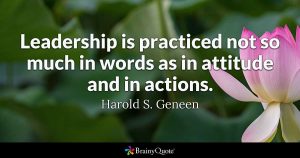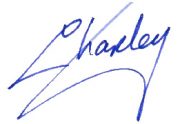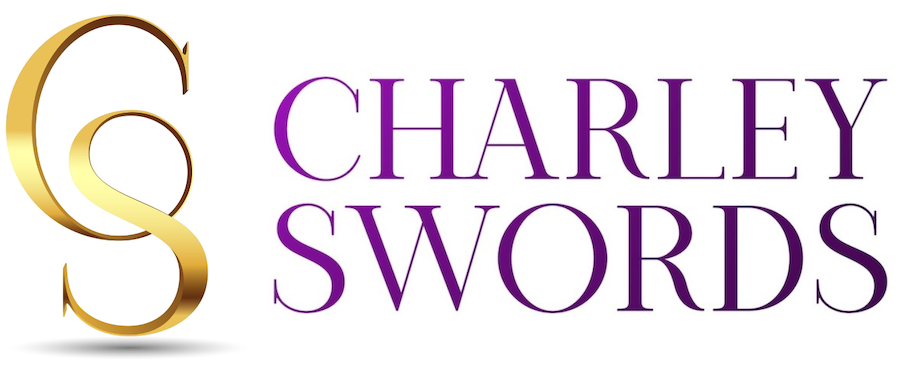It’s a bit like playing ‘I spy with my little eye………….’ Isn’t it?
Have you ever asked yourself ‘How will I recognise the leaders in my team?’ Do you look for outward physical signs like appearance, stature, charisma and presence? Or do you look for their impact on others and your organisation?
The greatest intangible in business is in fact leadership. Defining leadership is almost impossible due to the many and varied interpretations of it – for example:
- ‘I have only three jobs – find the right people, allocate resources and spread ideas quickly.’ – Jack Welch, Chairman and CEO of General Electric 1981-2001
- ‘Leadership means bringing people together in pursuit of a common cause, developing a plan to achieve it, and staying with it until the goal is achieved.’ – Bill Clinton, US President 1993-2001

In today’s world of work staff are not highly motivated by having orders issued to them and it is critical to your business success to know that people don’t follow orders, they follow people!
When trying to identify the natural leaders in your team, look for those who:
- are passionate about what they are doing;
- bring perspective to the employees in terms of the context of their work;
- clearly explain the significance of the work in relation to the overall purpose of your organisation;
- are authentic – being their real selves, being open and honest in their dealings with people and building trust – all of which determine their overall credibility.
There are many different types of leader, and the following characteristics are easily identifiable – so use these as a benchmark against which you can assess your team, to find your natural leaders!
| Visionary | Driven by a higher purpose, with a clear vision and inspires employees to follow their lead. |
| Policy Maker | Is removed from the front line, manages the business in something of an ambassadorial role and is insulated from the day to day workings of the business. |
| Controller | Controls the outcome through strategy and tactics, places more importance on planning than people. |
| Dealmaker | Builds the business through acquisition and disposal, operates like an investment banker. |
| Revolutionary | Likes to challenge the status quo, test the existing models and can be a game-changer – can be very inspiring. |
Your people are your most valuable asset and in leading effectively, you and your future leaders, know you will achieve your results through your people.
You will inspire them through leading by example, showing empathy and building relationships of trust. You will know your employees better, be able to work with them to identify their professional and personal development needs and you will support them to be the very best they can be.
Can you spot the future leaders in your management team?

Did you find this article helpful?
Let me know what you think about this post in the comments box below.

